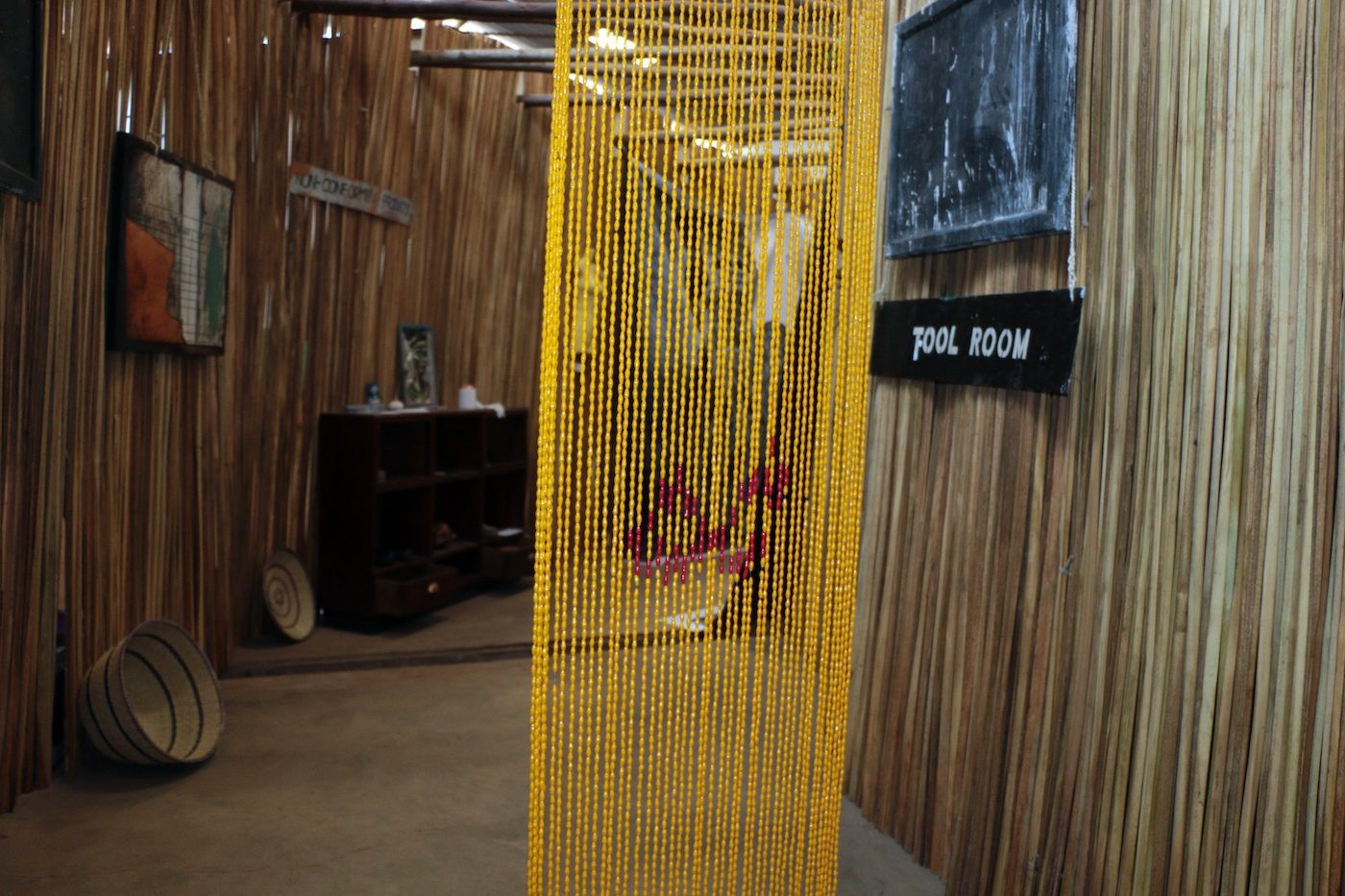Kampala Art Biennale Returns with a New Concept
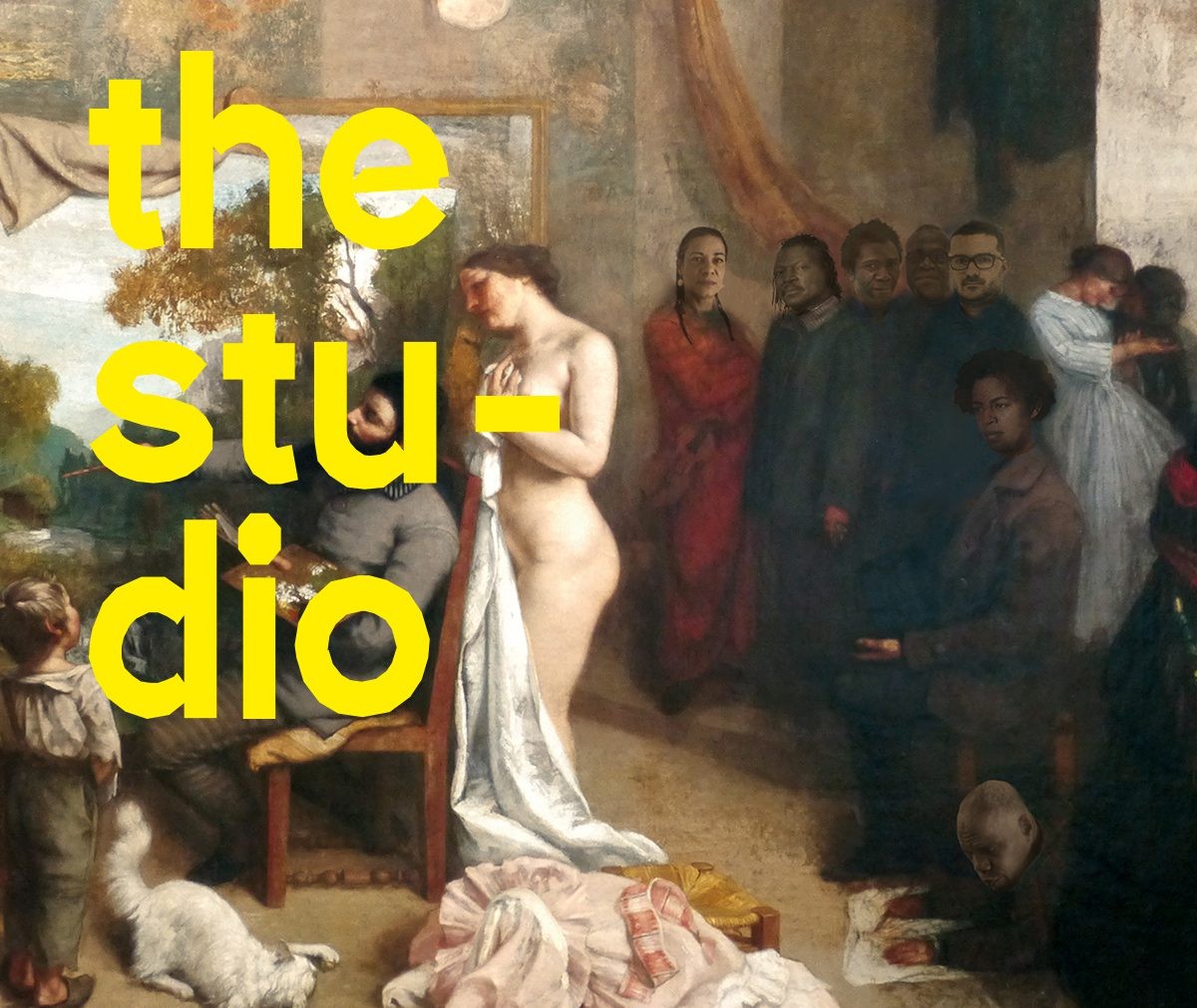
14 March 2018
Magazine C& Magazine
5 min de lecture
The Kampala Art Biennale revealed it's new concept for 2018. It will be a story of transmission from one generation of artists to the next.
The 3rd edition of the Kampala Biennale 2018 will take place from 24th August to 24th September 2018. The program will include a studios program focusing on masters and apprentices, an education program focusing on art critique, a symposium focusing on art knowledge transmission and KABLAB – a business forum discussing how art can build bridges in our cultures.
Unlike the common format of major biennales which historically show and promote the best of their time, as a platform where professionals and the market can come and choose the next big artist, KAB18 is choosing a format vehicles our continent’s original values of sharing and transferring knowledge.
Thus, 2018 will take on a master / apprentice format to allow for the transmission of artistic skill from international contemporary art masters to young Ugandan, East African and African artists. This is especially crucial as it evokes the traditional African transfer of knowledge from the experienced to the future generation. Art is an important contributor to social cohesion and nation-building through the promotion of intercultural dialogue, understanding and collaboration. Art also aims to entertain, to delight, to challenge, to give meaning, to interpret, to raise awareness, and to stimulate. These non-market values, though difficult to measure in monetary terms, are just as important as the instrumental values.
Curatorial Concept: “THE STUDIO,”
The third edition of Kampala Art Biennale titled, “THE STUDIO,” is a Libretto written by Simon Njami.
A libretto is the text used in, or intended for, an extended musical work such as an opera, operetta, masque, oratorio, cantata or musical. The term libretto is also sometimes used to refer to the text of major liturgical works, such as the mass, requiem and sacred cantata, or the story line of a ballet.
For KAB18, Simon Njami has decided to invite 7 internationally renown artists to open their studios in Kampala to young Ugandan, East African, African and international artists.
The tradition of the studios has always been fundamental in art history, be it in the West or in Africa where, contrary to the ethnological reading, the great masters used to work with a crowd of apprentices and pupils. Masters such as Michelangelo would always select, among the most talented youth, those who would have the privilege to assist him in his realisations. Some of those apprentices later became masters and kept the tradition alive. This training was not only technical and practical but also spiritual and philosophical, especially when it concerned religion.” states Simon Njami. “Modern practices, notably in Europe, have turned the artist into a solitarian Genius who creates masterpieces in the silence of his studio. Africa was not a preserve by this trend. It seems to us of the utmost importance for Africa to reinvent new ways of addressing art, in a more endogenous manner. Africa is still a space where the community plays a critical role. It is, through this third edition of the Kampala biennale, our aim to revitalise ancient practices that are more than needed in our contemporary world. Practices that would bring back notions like transmission and togetherness.”
The Masters are selected according to their own practices in order to cover all the different aspects of contemporary art today (sculpture, textile, performance, photography, video, painting, installation…).
The Studios & Their Masters:
The invited masters will each open their studios in Kampala for 10 days between March and August 2018. An open call will be put out for young artists to apprentice with the masters during their open studio time. The selected artists will be placed with the masters according to their skill and relation to the master’s practice.
The Masters are currently working on the projects they will share with young artists. Bili Bidjocka is thinking of giving a workshop about the making of books, from traditional Buganda barkcloth. Godfried Donkor works with collage and paintings. Abdoulaye Konate will transmit his unique techinique of working with textile. Myriam Mihindou will open her studio to performance art. Radenko Milak will teach the production of animated film using drawings. Aida Muluneh is a photographer known for her theatricalisation. Pascale Marthine Tayou is a genius in installation settings.
KAB18 seven Masters are :
Bili Bidjocka (Cameroun)
Godfried Donkor (Ghana/ UK)
Abdoulaye Konate (Mali)
Myriam Mihindou (Gabon)
Radenko Milak (Bosnia Herzegovinia)
Aida Muluneh (Ethiopia)
Pascale Marthine Tayou (Cameroun)
Accompanying Program
KAB18 will be accompanied by a Symposium, curated by Simon Njami, in partnership with International Universities, that will take place in the first week after the KAB18 opening. Titled ‘The Light’ the symposium will take the form of an informal banquet, such as those had in ancient Greece. The Call for Papers is now out. International Universities that want to attend the symposium can email their papers to KAB18@kampalabiennale.org.
The Kampala Art Biennale 2018 Arts & Business Forum (KAB LAB) is a special platform, a “Lab” where creativity is celebrated with local organisation and Kampala residents. Taking place from August 27 – 28th, 2018, KAB LAB 18 is two-day forum with business talks & workshops on “creativity, education and business opportunities in Uganda”, that will provide networking opportunities to a number of foreign investors groups, Ugandan Investment Authority, local and international businesses. A jury consisting of local business CEOs and art managers will award a prize to the most creative local art educational project.
Plus d'articles de
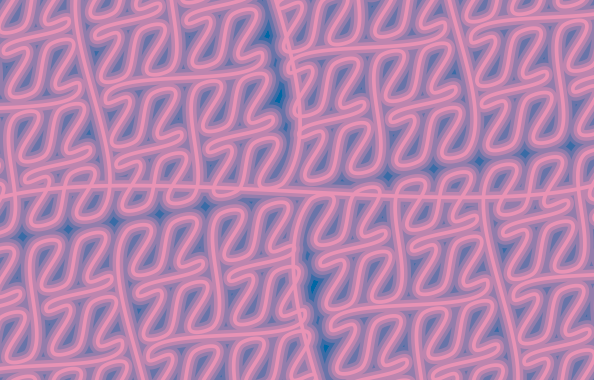
À venir : APRIA Journal Numéro 7 — Exhaustion
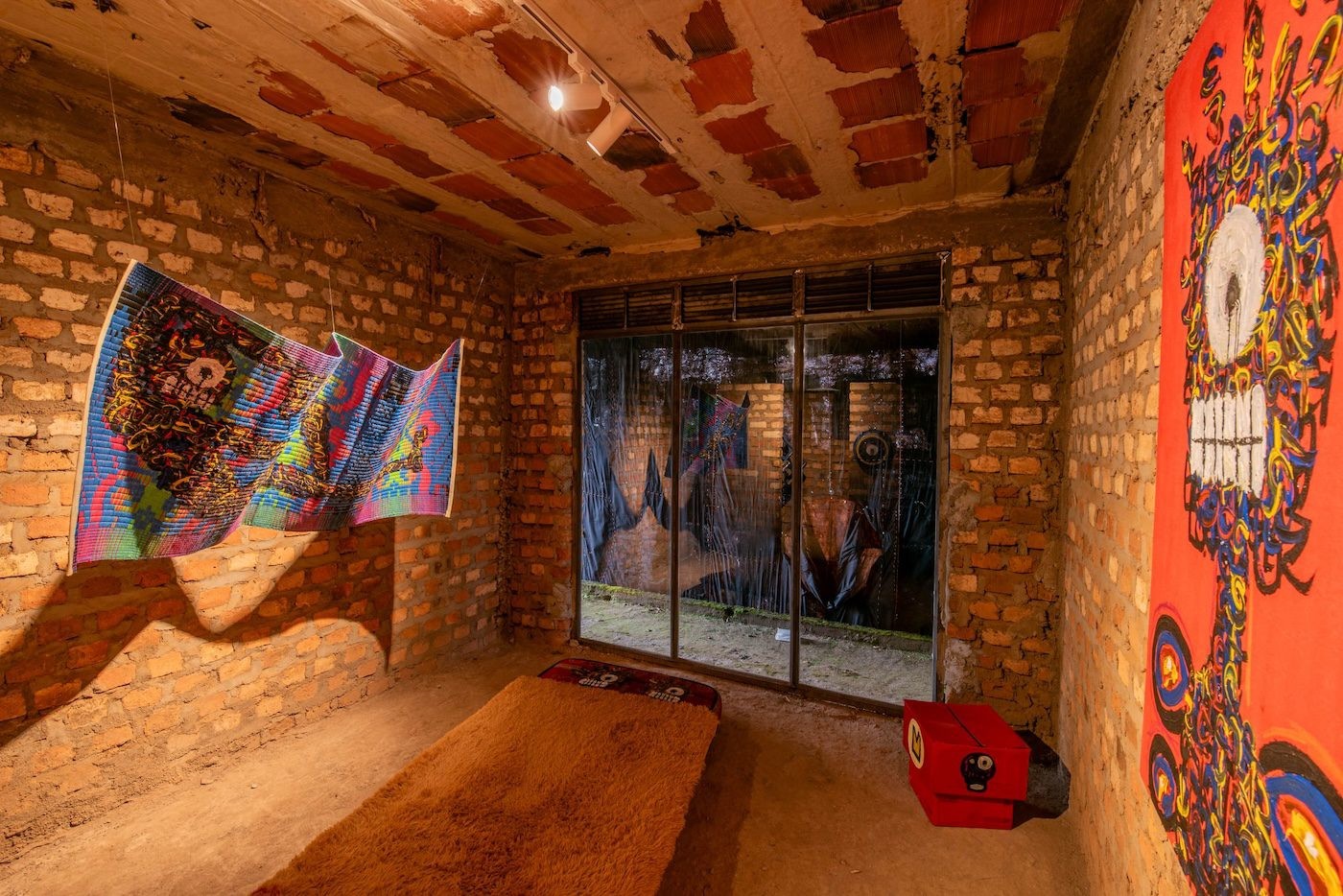
Silent Invasions: The Art of Material Hacking
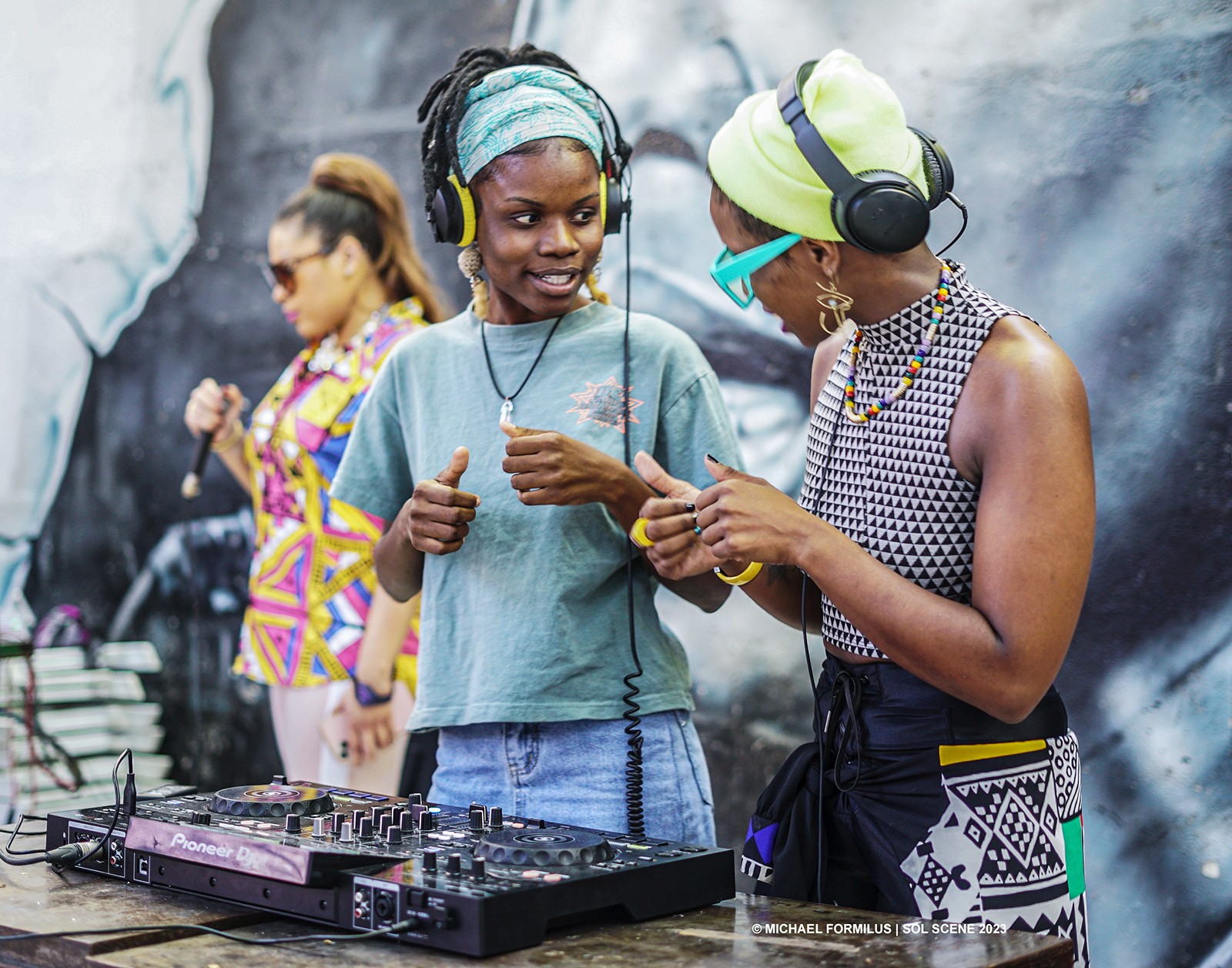
The project uniting Haitian and Dominican artists
Plus d'articles de
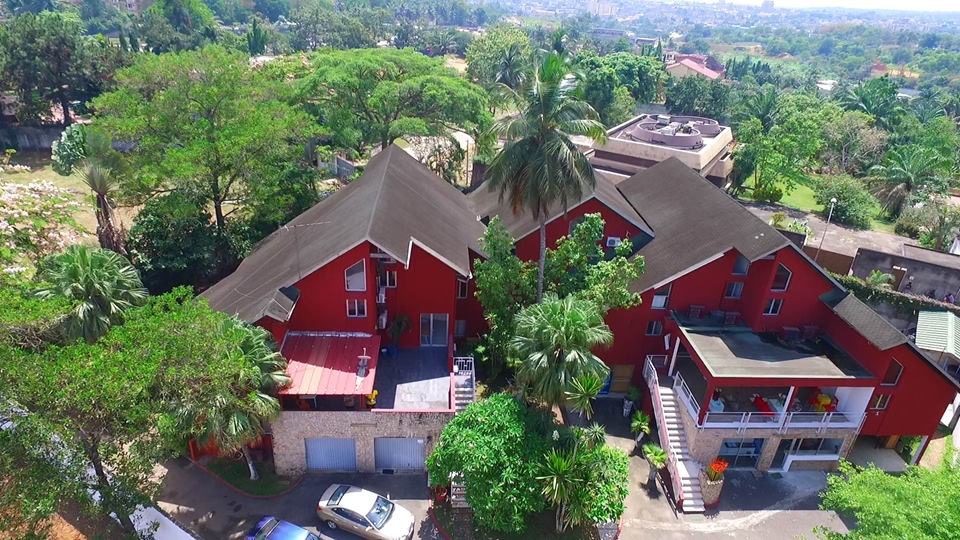
Illa Donwahi : Donner une place à l’art dans des contextes peu propices
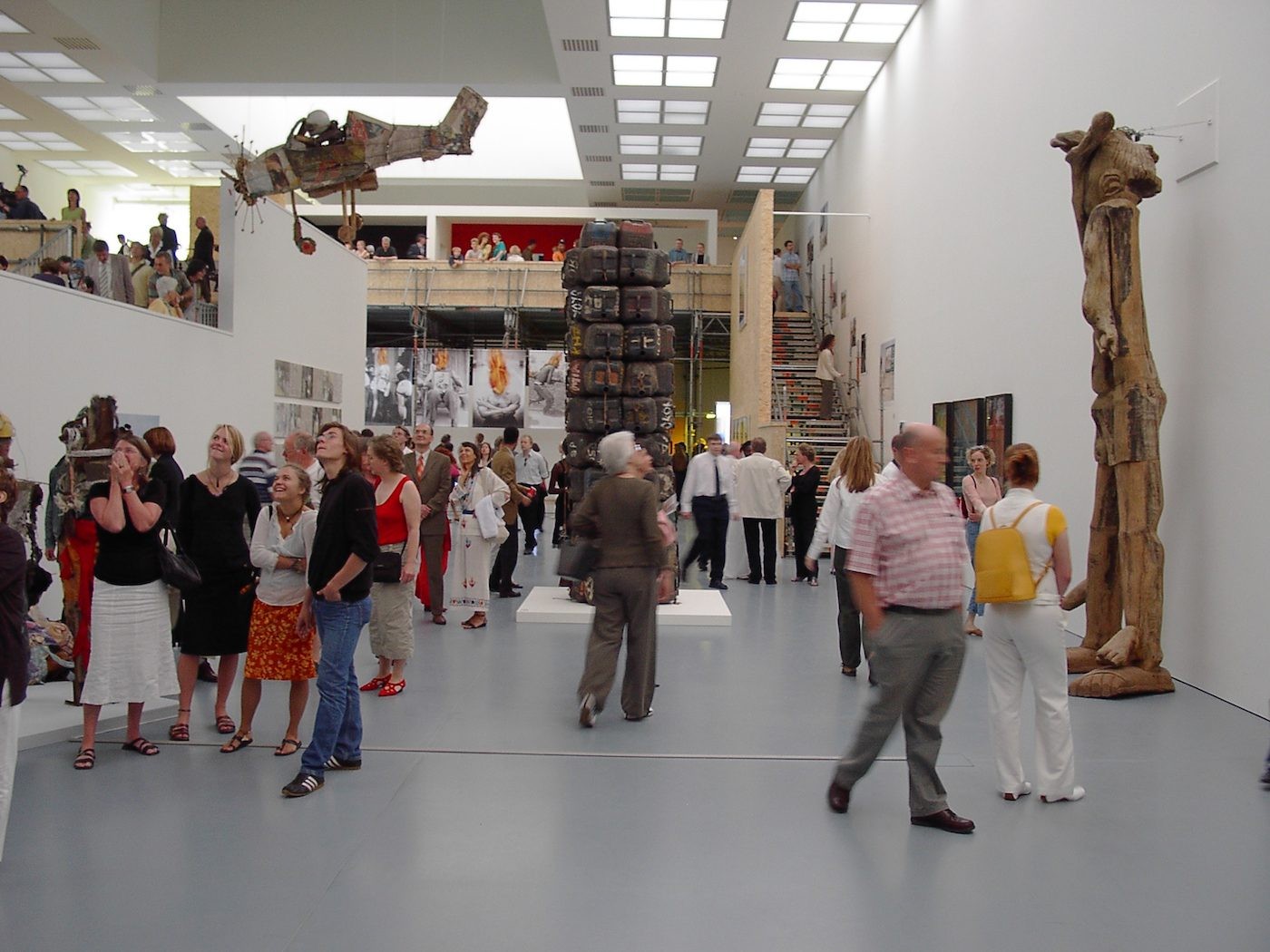
Africa Remix
